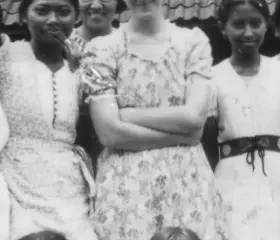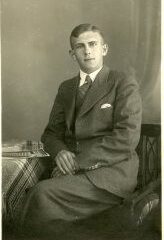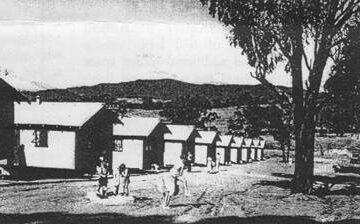This article originally appeared in the Western Independent on 30 October 2025.
By Jayde Andrews
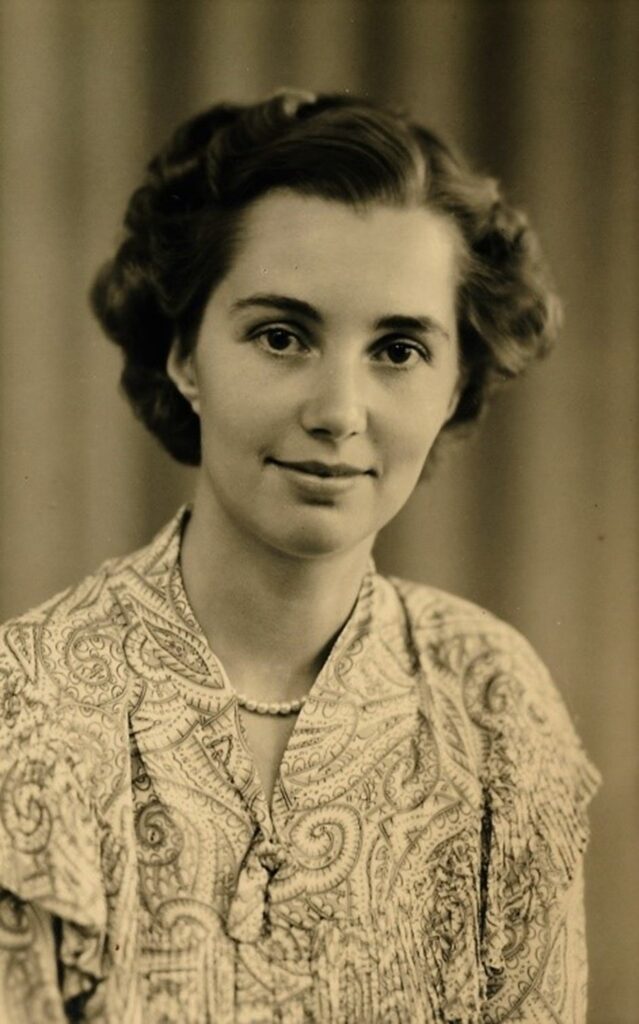
Many people find it remarkable how my great grandmother survived two Japanese internment camps from 1941-1946 in the Dutch East, the Indonesian revolution and a famine on her way back to Holland in 1946- all before the age of 17.
What is even more remarkable is Mary Visser or ‘Oma’ as I called her, lived to the age of 96.
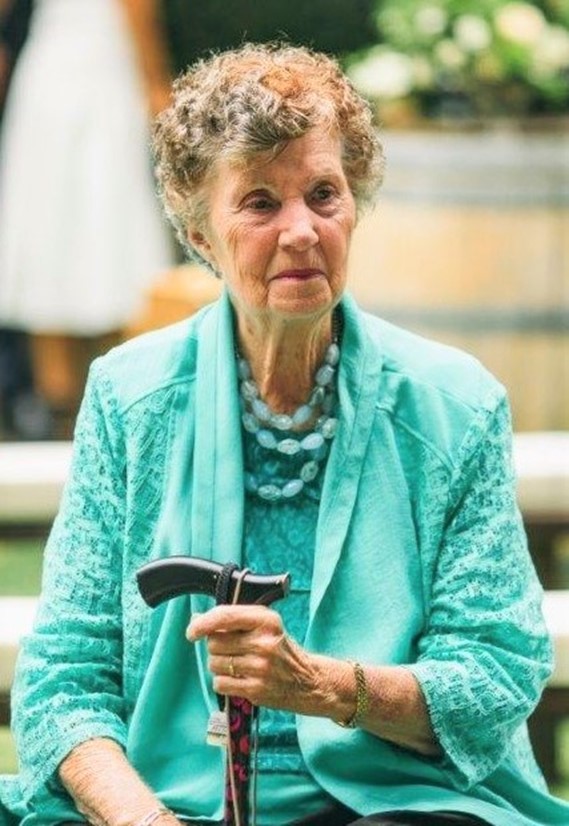
Oma experienced severe hunger while being exposed to diseases such as beri-beri, cholera, and pellagra. Photos: Supplied.
During WWII, more than 100,000 Dutch civilians were imprisoned in internment camps across South East Asia by the Japanese. Many of these survivors later migrated from Holland to Australia often bringing their trauma, loss and their silent stories. For some of the second generation, they grew up surrounded with the trauma present in their parents while knowing bits and pieces of the full story including mine. As more WWII survivors pass, so do their stories, leaving some family members questioning the full extent of their loved one’s experiences and afraid to even ask. Why did many of our relatives keep their experiences to themselves?
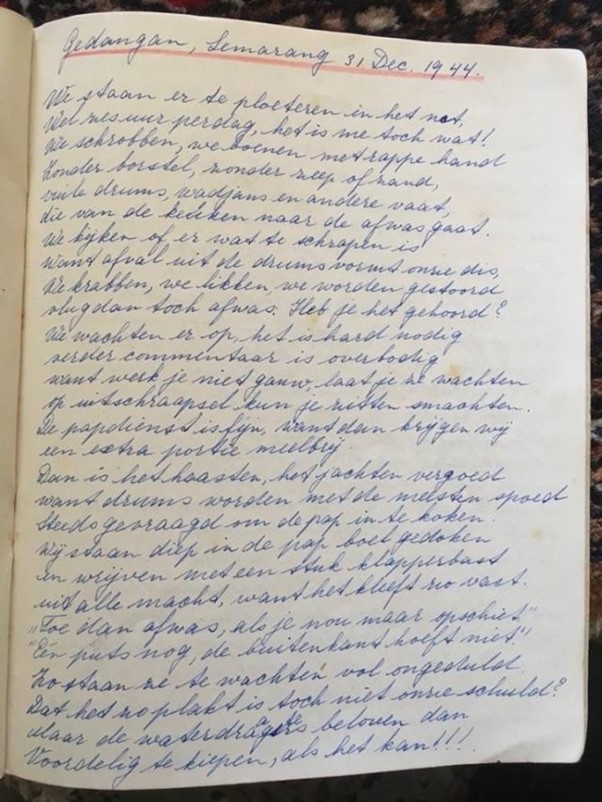
From our family book, Oma says that she was fed pap a form of Asian porridge with yellow tapioca flour mixed with water for breakfast. In the afternoon if she was lucky, she got a watery soup with a sad looking small piece of cabbage floating in it. All these awful stories helped form one golden family rule: never ask Oma about the war.
I remember the exact moment I needed to follow this rule. Every Friday night we used to visit Oma for fish and chips night when I was seven years old. It was usually my older sister, my grandfather and mum used to go around to visit Oma. It was one of the best memories I had during this time as my parents were going through a rough divorce meaning fish and chips’ nights were a highlight of the week.
My granddad would take my mum, my older sister and I to visit his mum to help all of us get our mind off things.
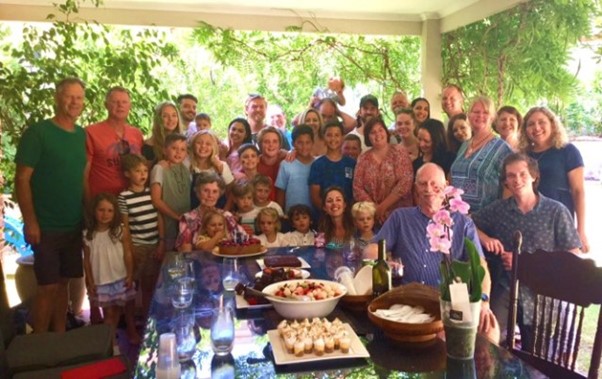
But one Friday, I remember learning about World War II in school hearing the war went from 1939-1945. I thought it was so cool that my Oma was in the war and I just wanted to know more. So later that day, I was so excited I got to ask Oma all the questions I had during the week but, as a child, I never understood what it was like to live with trauma nor did I understand what it was.
She put on a brave face and smiled at me as I bombarded her with questions about the war asking ‘was it so cool living through the war?’ I could see the pain in her eyes but she was never going to tell me stop until my grandad changed the conversation. But, I always wondered was Oma shielding her trauma from her family members?
First-hand experience
Of course, it isn’t just my family that was impacted by World War II. Frances Larder was a young child in the Dutch East Indies during the war. Her mother applied for a blue pad – an exemption to not be sent to an internment camp as her grandfather was German.
Larder lives in Australia and at the age of 88 has held numerous exhibitions showcasing her artwork in the Phillipines, Australia, America, Netherlands and Belgium.
Despite not facing internment treatment, her family still suffered during the war.
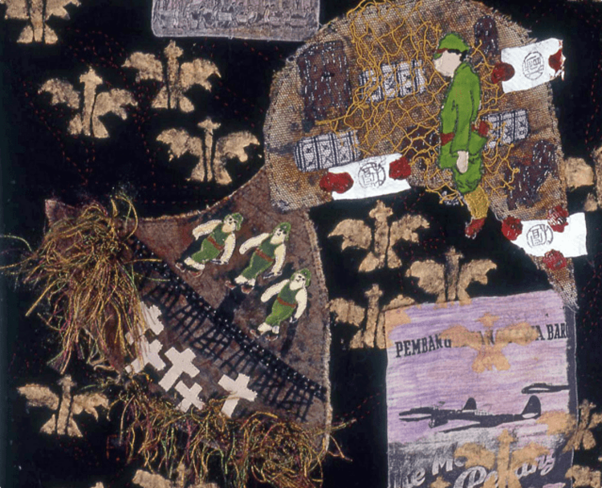
“Sometimes we didn’t have any food, we had isolation, nobody to talk to, or even to hear what was happening outside. So in a way, we were imprisoned as well,” she says.
Larder’s father served in the Dutch Indonesian army. He was captured by the Japanese and sent to work on the Burma railway while her mother had to work multiple jobs. Unfortunately her father died during his time on the Burma railway leaving a deep scar on her mother Wilhelmina de Brey.
“We had to a pussyfoot around her and be careful what we would say to her,” she says.
Larder says since her mother didn’t receive any form of counselling, she believes this is why her brother has struggled mentally.
“Since she received no counselling it has caused a ripple affect for her children and their children. From those children who are affected and I think … that’s why my brother is bipolar,” she says.
Larder has been open about her experiences and says two of her children want to know more about her Australian husband’s experience during the war than the Dutch experience.
“They’re more inclined to be known as Australian and they were more interested in following and keeping in touch with my husband’s family and not having that much to do with my mother. However, my other two are very different – they’re more interested in it,” she says.
How trauma affects our loved ones
Dr David Coall is a senior lecturer at Edith Cowan University and researches intergenerational trauma. His father served during WWII and it has had a major impact on his own family.
“It completely changed his life’s trajectory and impacted future generations, as my kids never saw their grandfather which is a great shame,” he says.
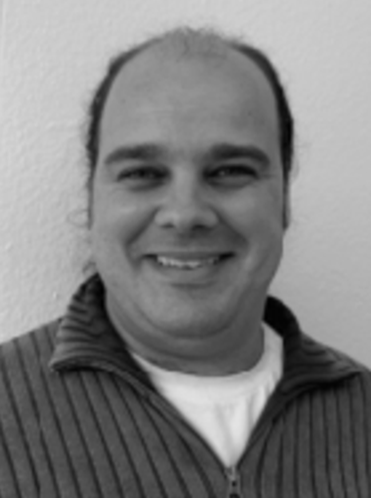
Due to the impact of WWII, Coall says silence was the common form of trauma response to protect families.
“Some people want to know the whole story and write a book about it, whereas others, especially from the Second World War, felt they were protecting everyone else by not talking about it, which had a big impact on them, though hopefully now things are different and people can talk about these things,” he says.
Coall says trauma not only plays out in the form of stress but it can take over bodily functions too.
“The memory and emotion centres in our brain are very close, which is why post-traumatic stress can trigger strong physical reactions — smells and memories link powerfully to emotions,” he says.
Dr Nonja Peters is an historian, anthropologist, museum curator and social researcher with a special interest in the wartime experiences of Dutch families.
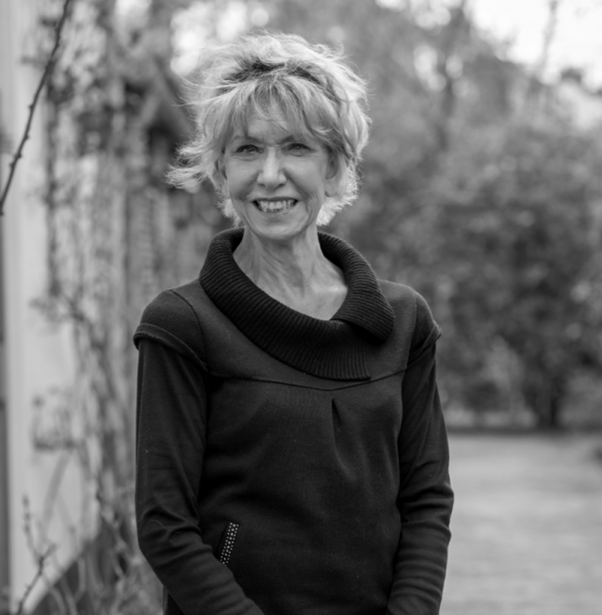
“What I always want to do is try and bridge to get back to the public, find ways to translate it, to get the emotional part across.”
Peters believes it’s common for some Dutch families to conceal their war stories.
“In Dutch households, everything [is] so Calvinistic, everything hidden,” she says.
Not only are some things hidden but Peters shares how her own trauma plays out in her family and how it shapes the work she does.
“I think intergenerational trauma doesn’t have to be said in my family. It can be just a feeling, a silence somewhere. Meaning it impacts me because it enables me to feel my own trauma in a way that I can’t when I’m surrounded by my family,” she says.
Questions unanswered
After talking to the experts and making my own observations within my own family, I have noticed that my Oma’s trauma has had an impact on our family from the second to the fourth generations – with some wanting to know more and others too afraid to ask.
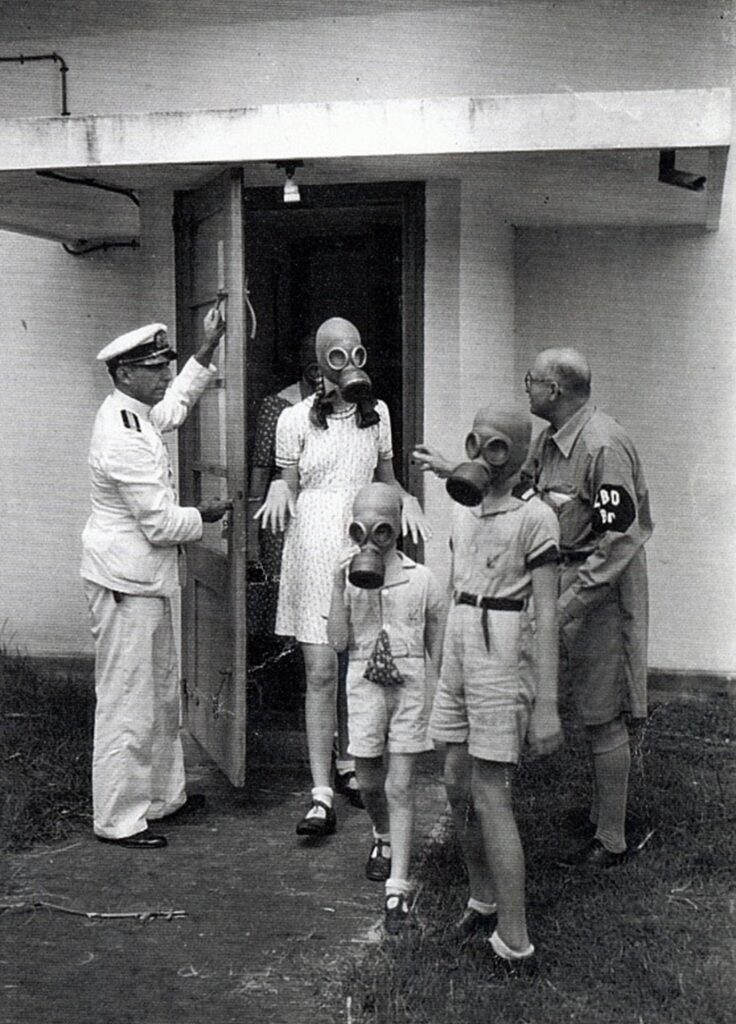
Oma using a gas mask for protection against the Japanese. Photo: Supplied.
Janice Visser is my great-aunt and the fifth of my Oma’s six children. She has always been curious about my Oma’s story so she wrote a book for our family that shares a bit of my Oma’s story.
“… a lot of it is guesswork. You are piecing it together but I’m sure a lot of it actually happened,” she says.
When speaking with Janice Visser, she says Oma didn’t believe anyone wanted to hear her story.
“If anyone was interested, she would think, ‘well, no-one’s interested why would anyone be interested in this,’ because essentially it was five years of her entire life, but it’s such a big impacting, five years of her life.”
Janice Visser says the book she wrote was for Oma’s grandchildren and great grandchildren to know her story.
She says Oma wasn’t necessarily always hiding her story but sometimes it was hard for her to remember everything that happened as she was only 12-years-old during WWII.
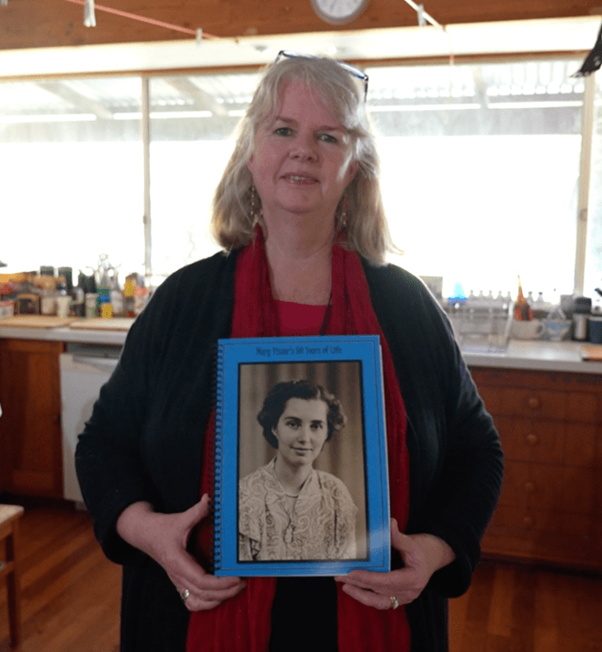
“Mum told me as much as she could. But again you could see some of it’s upsetting. But also you know she’s trying to remember. I mean you’re still young but if I try and remember things back when I was 12 or 13 you have to really think.”
Janice Visser revealed my Oma was lucky enough to get some form of help from her trauma by volunteering at the Dutch club so she felt comfortable to share her story.
“I know through mum’s life if she ever met someone that had been in the camps, she was drawn to them because it was someone to share those experiences because she felt like no one could understand what she’d been through.”
The confronting truth
On the other side of the equation, Pieter Visser, my grandpa or ‘papa’ as I call him, is the third of Oma’s children.
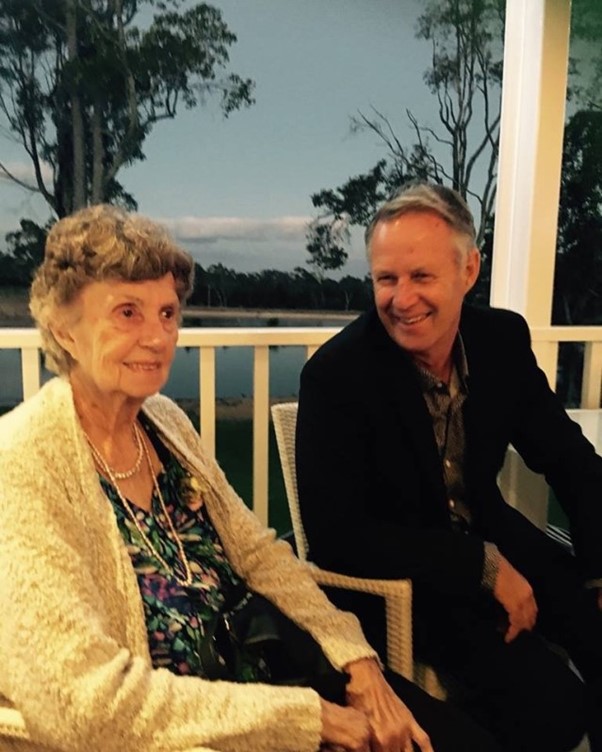
When asking papa certain questions, he mentioned there were times when hearing the family’s story was quite confronting.
Pieter Visser did a lot of reading 12-15 years ago to understand what my Oma went through but he was shocked about the stories in front of his eyes.
“I began to read that book and I think I read about four and a half testimonies. I could not read it any more. It was heartbreaking. It was savage. It was depraved. It was wicked and incredibly brutal,” my papa says.
He says he was never the type of person to find meaning in objects but certain details caused him to become more questioning.
“When you’re young, you’ve got no idea. Life is what it is and it’s your reality. But as the years go on, little things start to fall in place.
Papa says within Dutch culture there are some cases where family members may be closed off from talking about past experiences but, when he started his own travels, he became more observant of his heritage.

“I was just turned 18 and went across overland to Indonesia and I’m sitting down one day about to dig into a Nasi Goreng …. I had this revelation that I’ve grown up on this. I grew up on this food. Hang on. And then I start to connect the dots. That’s the beginning of putting things together.”
When talking with my papa, I discovered the confronting truth there was a high chance that my Crolte Oma [great grandmother and Oma’s mother] was sexually assaulted by the Japanese but this is also not entirely clear.
I asked if this was confirmed by my Crolte Oma and he said it wasn’t but he says when ‘putting pieces to the puzzle,’ the evidence points to it.
“I know that happened because my grandmother would have been in her late 20s in the camp. There is no doubt in my mind that she, you know, she would have been sexually abused but she never, ever spoke about it.
He says this as he doesn’t just believe it but knows deep down this happened as it was a mother’s instinct to protect her child and that was Crolte Oma’s instinct.

“You can fill in the rest of the line. You don’t need to. But that was essentially what my mum said: my grandmother protected my mum by making her child unavailable. By saying, take me, not them,” he says.
My Oma’s legacy
Even hearing about my Crolte Oma I often wish I was able to meet her but learning my roots I feel more connected to her.
Reflecting on my experiences with Oma, I remember when she used to spoil her great grandchildren and grandchildren with lollies, chocolate and ‘prickly drink’ as she called soft drink, while also finding colouring-in books for all of her grandchildren.
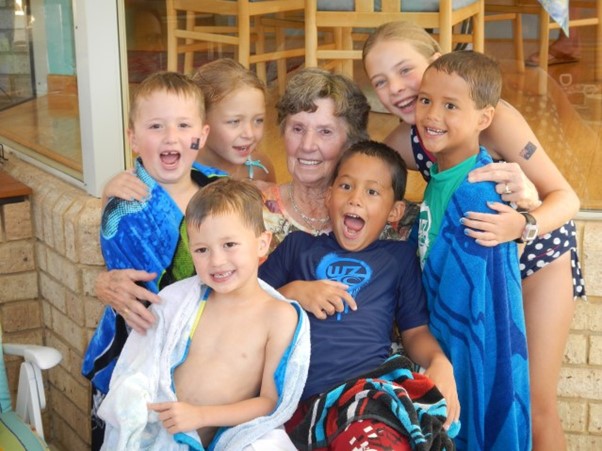
Though there are many things to learn from my Oma, what I find most inspiring is she kept pushing on in life and she never let her trauma affect the way she lived. I often feel a sense of peace knowing I am able to share Oma’s story and to prove to her so many people would have wanted to hear her story.
By any measure, she was an extraordinary woman who endured so much before she was an adult. And she lived until she was 96.
“In telling her story now, we honour not just her endurance, but her courage, her generosity, and the love she shared with everyone around her despite the hardships she faced.”
Jayde Andrews
